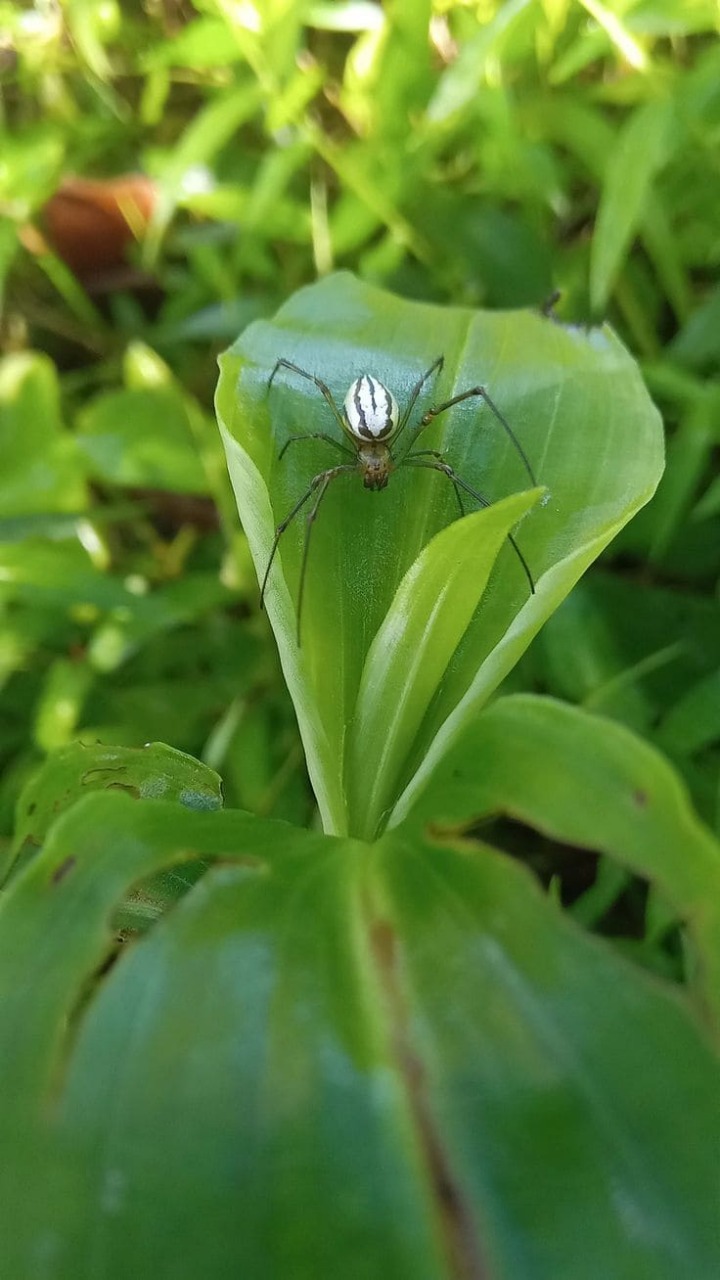Some spiders hunt instead of spin. Each has a different rhythm, a different hunting style. But all of them reduce your reliance on sprays.
#8. Tachinid Flies
10 Beneficial Insects You Should Invite to Your Garden
Scientific name: Tachinidae
Targets: Caterpillars, squash bugs, beetles
Best stage: Larvae (internal parasitoids)
How to attract: Wild carrot, buckwheat, mint, and yarrow
Not your typical fly. These fuzzy, bristly creatures are kind of like the bounty hunters of the insect world. They lay their eggs on pest insects, and once the larvae hatch, the host doesn’t survive.
You might not notice them at first, but if your plants suddenly seem free of cutworms or corn borers, thank the tachinids.
You can attract them by planting nectar-rich flowers with short, shallow blooms. They’re also drawn to compost piles, so keeping a healthy organic heap nearby doesn’t hurt.
#9. Minute Pirate Bugs
10 Beneficial Insects You Should Invite to Your Garden
Scientific name: Orius spp.
Targets: Thrips, mites, small caterpillars, insect eggs
Best stage: All
How to attract: Caraway, cosmos, marigold, and alfalfa
Tiny, black-and-white, and often overlooked, these pirate bugs are fearless predators. Despite being only 2–3mm long, they punch far above their weight.
They dart across leaf surfaces, piercing pests with needle-like mouthparts. They’re especially valuable in greenhouses, where aphids and thrips thrive.
Because they feed on pollen as well as prey, planting nectar plants nearby gives them a reason to stick around after the feast is done.
#10. Native Bees
10 Beneficial Insects You Should Invite to Your Garden
Scientific name: Various species (e.g., Bombus, Osmia, Melissodes)
Targets: Not pests, pollinators
Best stage: All
How to attract: Diverse native wildflowers, bee hotels, undisturbed soil
They may not fight pests, but their role is just as important. Native bees pollinate tomatoes, peppers, berries, and squash, often more efficiently than honeybees.
These native bees are solitary, gentle, and not out to sting you. What they want is a safe place to nest and a few pesticide-free blooms.
You should leave some bare patches of soil, let dandelions bloom or even install a few bee hotels. With native bees on your side, your garden becomes more abundant, more alive, and far more resilient.
ADVERTISEMENT

